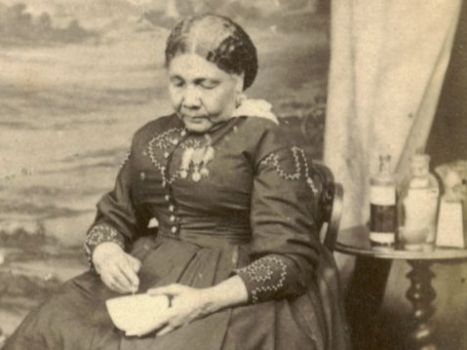Why we need to teach more Black British History in schools...
- Oct 30, 2023
- 3 min read

Image: Sushil Nash
In the pursuit of a more equitable society, one cannot underestimate the power of education. As we strive to address ongoing issues of discrimination faced by Black people in the UK, there is an urgent need to integrate Black British history into the national curriculum. This education not only celebrates the triumphs of Black Britons but also provides essential context to understand the challenges they have endured. Moreover, it aligns with the broader mission of human rights education, fostering empathy, inclusivity, and respect for all.
The Triumphs of Black British Figures
The chronicles of Black British history are brimming with triumphs, and their stories are a testament to the resilience and determination of Black individuals in the face of adversity. Figures like Mary Seacole, a pioneering nurse during the Crimean War, and Claudia Jones, a trailblazing activist who founded the Notting Hill Carnival, serve as powerful inspirations. These individuals shattered stereotypes and opened doors for future generations.
Image Source: Black British History Month - Claudia Jones (Left); Mary Seacole (Right).
Challenging Discrimination Through Education
Discrimination is a pervasive issue that Black people in the UK continue to face. Teaching Black British history in schools is a crucial step in challenging this discrimination. It allows students to learn about the struggles against racial prejudice, such as the Mangrove Nine trial in 1970 and the activism of Olive Morris. By understanding the historical roots of discrimination, students are better equipped to advocate for change and human rights.

Image source: National Archives
Human Rights Education in Action
Human rights education is about empowering individuals with the knowledge and tools to stand up for their rights and the rights of others. Integrating Black British history into the curriculum aligns perfectly with this objective. It educates students about the human rights principles of equality, non-discrimination, and justice through tangible historical narratives.
Current Issues and Their Historical Context
Black people in the UK face a range of contemporary issues, including racial profiling, systemic discrimination, and disparities in education and healthcare. Teaching Black British history provides students with the historical context necessary to comprehend these issues. For example, the Windrush scandal exposed the injustices faced by Caribbean immigrants who were wrongly targeted and detained. Understanding this event is essential in addressing ongoing immigration challenges and promoting human rights for all.

Image source: Imperial War Museum
Empathy, Inclusivity, and Social Change
Empathy is a cornerstone of human rights education. When students learn about the triumphs and struggles of Black Britons, they develop a greater understanding of the experiences of their fellow citizens. This empathy can lead to greater inclusivity and a sense of collective responsibility for combating discrimination. Students become advocates for social change, which is essential for building a more just society.
Incorporating Black British history into the curriculum is not just a matter of historical accuracy; it's a fundamental step toward addressing current issues of discrimination and promoting human rights education. By celebrating the triumphs of Black Britons and acknowledging the challenges they have faced, we empower students to confront prejudice, discrimination, and inequality. We nurture a generation that is not only aware of human rights principles but is also motivated to act upon them, working together to create a society that respects and upholds the rights of all its members. The time has come to embrace Black British history as an essential part of our shared narrative and as a catalyst for positive social change.












Comments